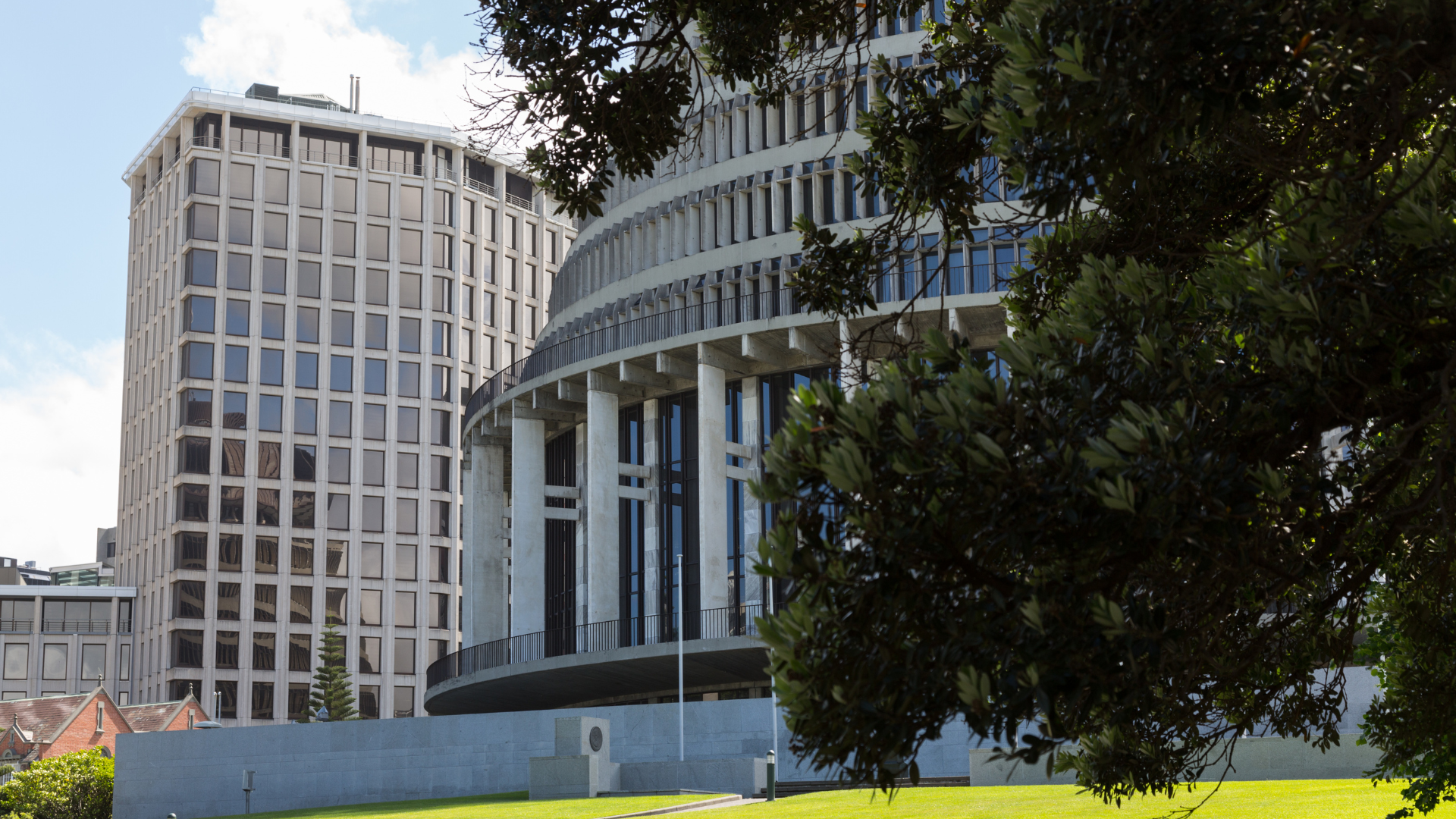Is the NZ Public Sector a crossroads heading into 2026?
Peter Crestani • September 29, 2025

The past year has brought a wave of transformation for New Zealand's public sector, marked by shrinking budgets, shifting political priorities, and an urgent need to do more with less. As the country approaches the 2026 election cycle, the sector is experiencing increasing pressure to deliver impactful results quickly while maintaining long-term focus. Public expectations have grown, and government agencies are being pushed to deliver innovative outcomes despite workforce challenges and complex policy shifts.
New Zealand's recently released Public Service Census highlighted both strong commitment and rising concerns among the workforce. An overwhelming 87% of public servants felt their work contributed to better outcomes for New Zealanders, and 80% believed they delivered value to taxpayers. However, only 44% believed hiring was based on merit, and less than one-third felt change management was handled effectively. With more than two-thirds of public servants having never used AI in their roles, there are clear opportunities for growth, but also an urgent need to bridge gaps in digital readiness, leadership communication, and strategic direction.
These dynamics are reshaping talent attraction and retention across government agencies, especially in hubs like Wellington.
"We've gone from survival mode to strategic delivery"
Peter Crestani, Wellington Branch Manager at Frog Recruitment, offered a candid snapshot of recent employment trends in the sector: "The shift over the past year has been dramatic. The early months of 2025 were quiet, with many agencies in a holding pattern. But as we moved into the new financial year, we've seen a real pivot. Government departments are suddenly moving with urgency, opening up roles that have been frozen for months. There’s been a definite move from survival mode to a space where agencies are actively hiring to deliver on key priorities."
This uptick reflects not only increased government urgency as election season approaches but also a broader shift in how agencies are addressing long-standing staffing shortages. Crestani notes that many roles previously put on hold are now being reopened. Agencies are under pressure to deliver key projects ahead of the election, resulting in compressed timelines and a hunger for experienced talent.
Despite positive hiring momentum, talent acquisition has become more complicated. "Candidate salary expectations have risen due to cost-of-living pressures, but clients' budgets remain flat or have tightened," said Crestani. "We've got situations where clients want highly experienced professionals but aren't able to match those expectations financially."
Permanent roles, particularly in specialised areas like senior policy, remain hard to fill. The supply of contractors has increased, yet contracting rates have dropped, creating a supply-demand imbalance that further complicates hiring. This mismatch is making it difficult for organisations to rebuild with the right mix of skills and experience.
While the challenges are clear, so are the opportunities. Crestani points to a growing wave of substantial, intergenerational change projects driven by the National-ACT coalition government. "Some of these changes haven’t happened in 20 years. Whether or not you agree with the politics, the projects themselves are significant and offer really exciting opportunities for professionals in the sector," he said.
These initiatives are likely to demand both short-term contract hires and long-term strategic planning, creating varied entry points for public sector talent. As agencies shift from a period of cuts to a mindset of growth and delivery, the focus is expected to move towards innovation, efficiency, and tangible outcomes.
Crestani also pointed to a culture shift within agencies. "There's more happening, more energy. We're moving from a place of 'we've got to cut' to 'we've got to grow, show, and deliver.' It's outcome-focused now," he said. That pivot is fuelling renewed optimism across many departments and generating new opportunities for people at all levels of government.
Yet, rebuilding hiring capabilities is itself a challenge. "I spoke to one GM recently who said, 'I don’t think I’ve recruited in a wee while. What do we have to do again?' There’s almost a need to relearn how to recruit after such a stagnant period," Crestani added. This highlights the impact of the earlier freeze and how agencies must now rebuild not just teams, but also processes.
How can government agencies respond effectively?
- Prioritise change management: Less than a third of public servants feel their agency manages change well. Structured support and clearer communication can improve staff engagement and retention.
- Boost digital readiness: Encourage upskilling in AI and digital tools to build a more future-proof workforce. Consider pilot projects that allow teams to explore automation without risk.
- Review hiring practices: Transparency in recruitment and fair merit-based hiring can improve trust in agencies and attract top-tier candidates.
- Support salary realignment: While budgets are tight, offering flexible work arrangements or non-monetary benefits can help bridge salary gaps.
- Strengthen leadership capability: Encourage managers to engage more deeply with their teams to improve culture and communication, especially during periods of change.
As the public sector heads into a pivotal election year, embracing innovation while supporting its workforce will be crucial. With the right balance of talent, leadership, and strategy, government agencies can meet growing demands and deliver meaningful outcomes for all New Zealanders.
Grow your career and team
Get in touch with Frog Recruitment
Auckland I
Wellington
In business since 2002 in New Zealand, Frog Recruitment is an award-winning recruitment agency with people at our heart. Located across Auckland and Wellington, we specialise in accounting and finance, business support, education, executive, government, HR, legal, marketing and digital, property, sales, supply chain, and technology sectors. As the proud recipients of the 2024 RCSA Excellence in Candidate Care Award, we are dedicated to helping businesses achieve success through a people-first approach.







